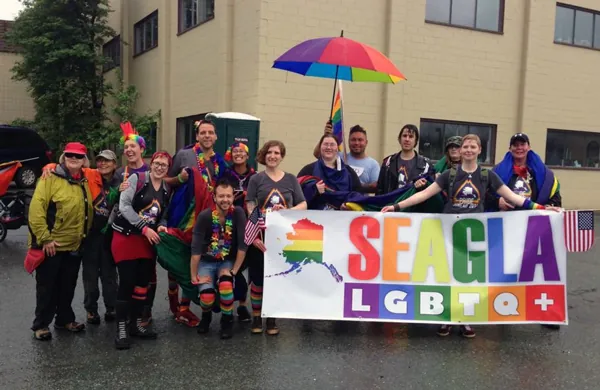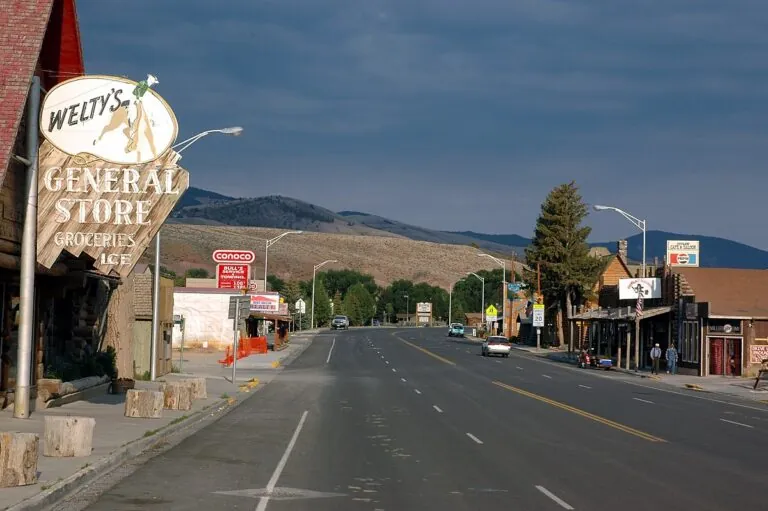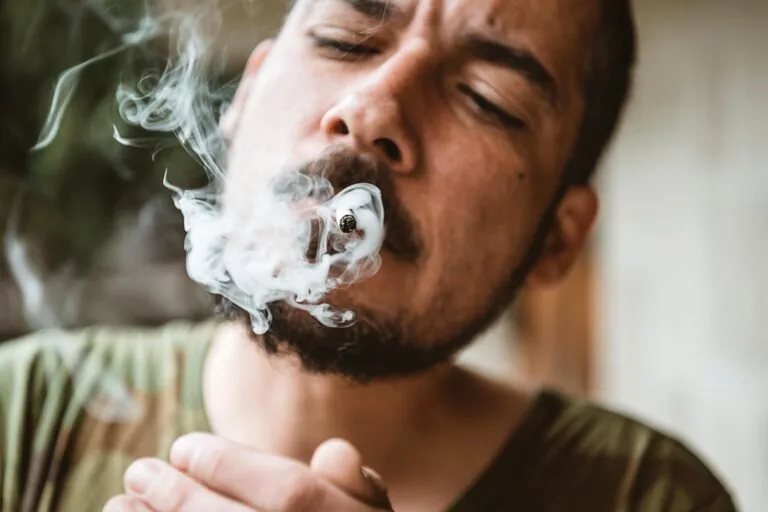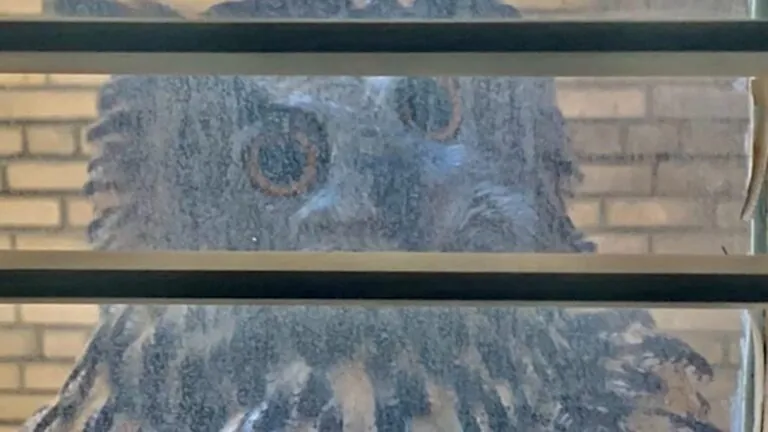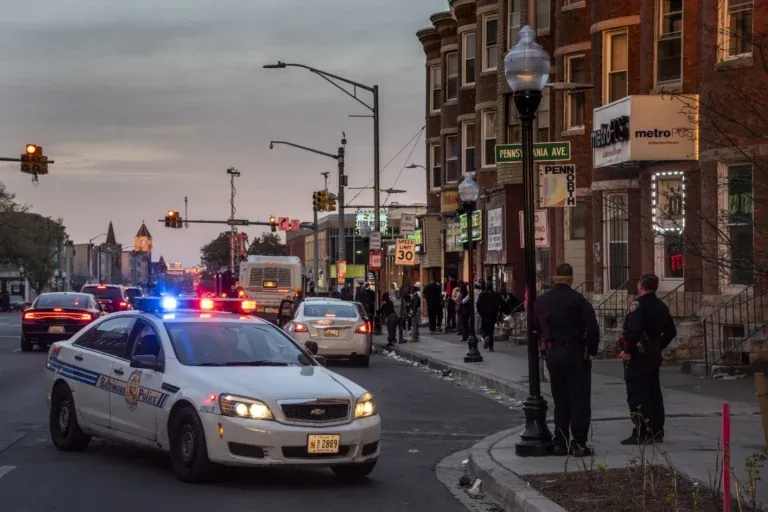Is Alaska LGBTQ friendly? Find Out Now!
Alaska has made significant strides in recent years in terms of LGBTQ+ rights. Same-sex marriage has been legal in the state since 2014, and there are four cities in Alaska that have passed ordinances prohibiting discrimination on the basis of sexual orientation and gender identity. However, there is still room for improvement. Alaska does not have a statewide law prohibiting discrimination on the basis of sexual orientation or gender identity, and there are no hate crime laws in place to protect LGBTQ+ people.
This article provides a comprehensive overview of Alaska’s LGBTQ rights landscape, examining legal protections, social attitudes, and the experiences of LGBTQ individuals in the state.
Legal Protections
Alaska has made progress in expanding legal protections for LGBTQ individuals. Same-sex marriage has been legal in Alaska since 2014, and the state has implemented some protections against discrimination based on sexual orientation in employment, housing, and public accommodations. However, Alaska does not have a comprehensive statewide anti-discrimination law that explicitly protects LGBTQ individuals in all areas of public life. Additionally, Alaska does not have hate crime legislation that specifically protects LGBTQ individuals.
Social Attitudes
Attitudes towards LGBTQ individuals in Alaska vary widely. While there is a growing acceptance of LGBTQ people in the state, there are still pockets of prejudice and discrimination. A 2017 survey by the Public Religion Research Institute found that 58% of Alaskans believe that homosexuality should be accepted by society, while 36% believe it should be discouraged. These numbers are slightly lower than national averages.
The Experiences of LGBTQ Individuals in Alaska
The experiences of LGBTQ individuals in Alaska can vary depending on their location, social circle, and personal identity. LGBTQ individuals in rural areas may face more isolation and discrimination than those in urban areas. Additionally, transgender individuals may face additional challenges due to a lack of access to gender-affirming healthcare and supportive resources.
Conclusion
Alaska has made some progress in becoming more LGBTQ-friendly, but there is still more work to be done. The state needs to implement comprehensive statewide anti-discrimination legislation, enact hate crime protections, and provide more support for LGBTQ individuals in rural areas. Additionally, there is a need for continued education and awareness-raising efforts to promote understanding and acceptance of LGBTQ people.
Frequently Asked Questions about Alaska’s LGBTQ-Friendliness
Q: Is Alaska LGBTQ-friendly?
A: Alaska has made significant progress in becoming more LGBTQ-friendly in recent years, but there is still more work to be done. The state has legalized same-sex marriage and implemented some protections against discrimination based on sexual orientation, but it lacks comprehensive statewide anti-discrimination legislation and hate crime protections specifically for LGBTQ individuals. Social attitudes towards LGBTQ people in Alaska vary, with mixed levels of acceptance and prejudice. LGBTQ individuals in rural areas may face more isolation and discrimination than those in urban areas, and transgender individuals may encounter additional challenges due to a lack of access to gender-affirming healthcare and supportive resources.
Q: What are the legal protections for LGBTQ individuals in Alaska?
A: Alaska legalized same-sex marriage in 2014. The state also has some protections against discrimination based on sexual orientation in employment, housing, and public accommodations. However, there is no comprehensive statewide anti-discrimination law that explicitly protects LGBTQ individuals in all areas of public life, and Alaska does not have hate crime legislation specifically for LGBTQ individuals.
Q: How are LGBTQ individuals perceived in Alaska?
A: Attitudes towards LGBTQ individuals in Alaska vary widely. A 2017 survey found that 58% of Alaskans believe that homosexuality should be accepted by society, while 36% believe it should be discouraged. These numbers are slightly lower than national averages. However, there are still pockets of prejudice and discrimination in the state, and LGBTQ individuals may face challenges in certain rural areas or social circles.
Q: What are the experiences of LGBTQ individuals in Alaska like?
A: The experiences of LGBTQ individuals in Alaska can vary greatly depending on their location, social circle, and personal identity. LGBTQ individuals in rural areas may face more isolation and discrimination, while those in urban areas may find more acceptance and support. Transgender individuals may face additional challenges due to a lack of access to gender-affirming healthcare and supportive resources.
Q: What can be done to make Alaska more LGBTQ-friendly?
A: Several steps can be taken to make Alaska more LGBTQ-friendly. The state should implement comprehensive statewide anti-discrimination legislation that explicitly protects LGBTQ individuals in all areas of public life. Hate crime protections specifically for LGBTQ individuals should also be enacted. Additionally, there is a need for continued education and awareness-raising efforts to promote understanding and acceptance of LGBTQ people, particularly in rural areas. Providing more support for LGBTQ individuals, such as access to gender-affirming healthcare and supportive resources, is also crucial.

